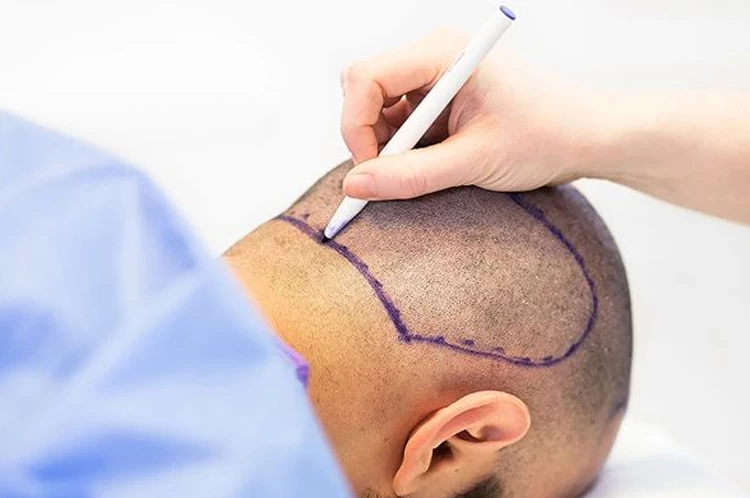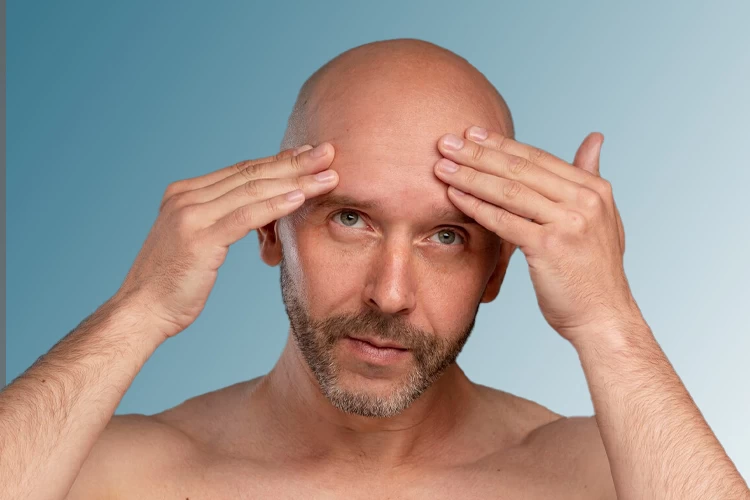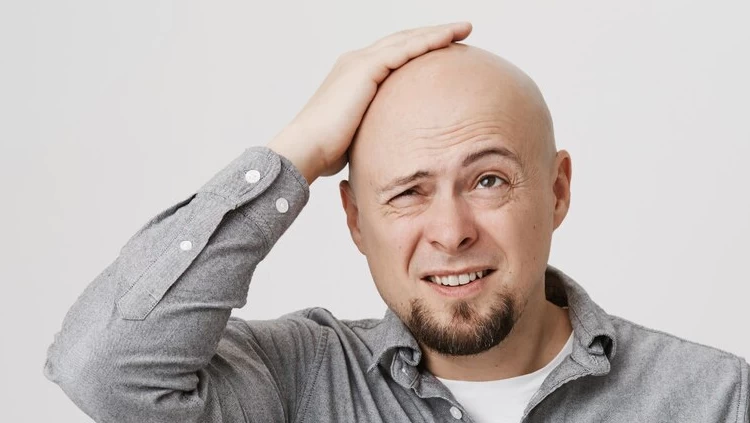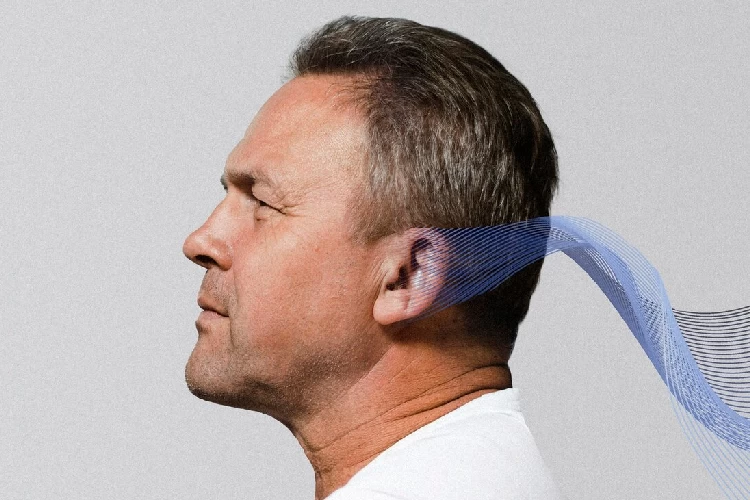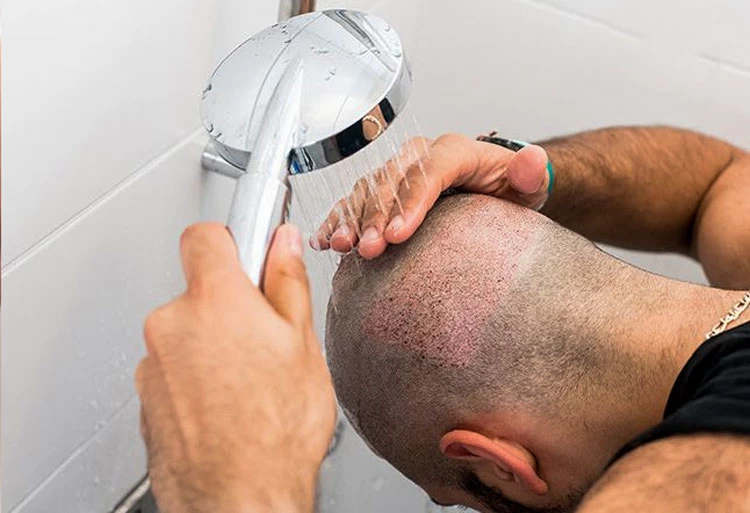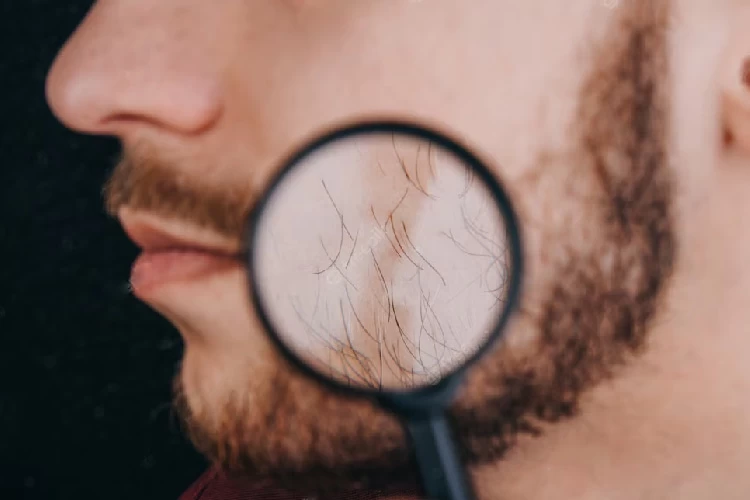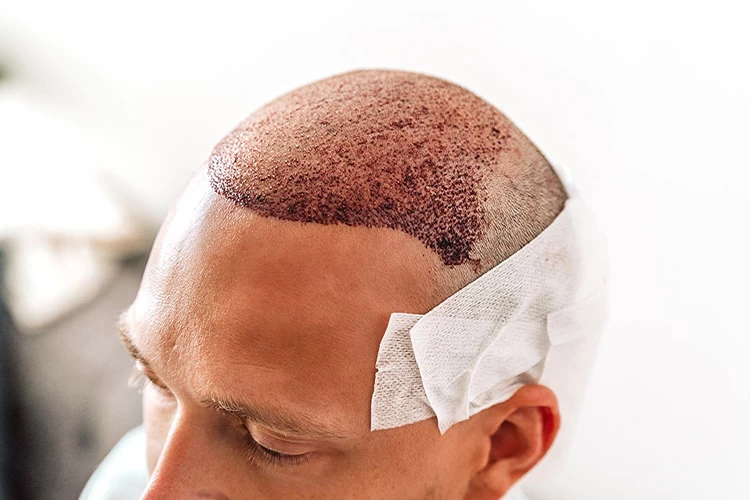Wearing a hat after a hair transplant surgery is highly advisable to protect the fragile grafts and promote optimal healing. This practice serves as a barrier against harmful elements like UV rays, dust, and other environmental irritants that could impede the recovery process. It is essential to choose headwear that is loose-fitting to prevent any unnecessary pressure on the scalp and ensure adequate airflow to avoid excessive sweating.
Swelling is a normal part of the hair transplant healing process and typically peaks around the third or fourth day after the surgery. To manage and reduce swelling post-surgery, patients should follow the surgeon's aftercare instructions, such as using prescribed medications, avoiding strenuous activities, and applying cold compresses to the affected area.
The ideal age for a hair transplant varies based on factors such as the severity of hair loss, health status, and lifestyle behaviors. While many experts recommend that people consider the procedure in their late 20s to early 30s, consulting with a qualified specialist is crucial to assess your unique situation.
Hair transplant failure, a concerning issue in 2024, arises when transplanted hair doesn't grow as expected, leading to unsatisfactory aesthetic results or post-surgical complications. Factors contributing to failure include surgical techniques, patient characteristics, and unrealistic expectations. Successful outcomes depend on choosing skilled surgeons, understanding the nature of hair loss, and adhering to post-operative care.
Nutrient and organic food after hair transplant surgery helps the new follicles grow faster and thicker. Add more protein, vitamins, and iron to your diet to help your body produce more blood cells, collagen, and keratin, three elements necessary for healthy skin and hair. It is also suggested that supplements and multivitamins be taken for a few months after hair restoration surgery.
Losing hair 2-3 weeks after a hair transplant is the body's normal response to the new hair grafts. Shock loss may last several months, but the hair follicles will eventually regrow 4 to 12 months after the initial hair shedding. In some cases, the plastic surgeon prescribes oral and topical medications to prevent hair thinning and increase the speed of hair growth.
Sleeping on the stomach or sides after hair transplant surgery may hurt the newly planted grafts and cause hair shedding. Therefore, you should sleep on your back, put two pillows under your head to keep your head elevated and use silk or satin pillowcases to minimize friction. You can return to your normal sleeping routine almost ten days after the operation.
You can wash your hair at home 48 hours after hair transplant surgery with proper shampoo and lukewarm water. Gently rub your scalp with your fingertips and massage the donor site with the palm of your hand. Do not use blow dryers and hair products for almost a week, as the follicles are still fragile and soft.
Beard transplant is done using either FUT or FUE method. In both techniques, the surgeon harvests hair grafts from the donor area and transplants them in the beard region. Despite having a short recovery and high success rates, this operation may cause mild bruising, swelling, infection, scarring, etc.
Hair transplant is the most definite treatment for partial and total hair loss. Despite being highly safe, this surgery has some short-term and long-term complications, such as swelling, infection, scarring, bleeding, and formation of folliculitis. Luckily, most of the side effects can be prevented or treated.

